Exhibition dates: 28th May – 14th August 2011
Many thankx to Fotomuseum Winterthur for allowing me to publish the photographs in the posting. Please click on the photographs for a larger version of the image.
Alexander Rodchenko (Russian, 1891-1956)
Pine trees, Pushkino
1927
Gelatin-silver print, Vintage print
Alexander Rodchenko (Russian, 1891-1956) / Warwara Stepanowa (Russian, 1894-1958)
Young Gliders
Sketch of a double page for the magazine USSR under Construction
1933
Gelatin silver print, Vintage print, Photomontage
41.2 x 60.5cm
Moscow House of Photography Museum
© Rodchenko’s Archive /
2011, ProLitteris, Zurich
Alexander Rodchenko (Russian, 1891-1956)
Morning exercises, Student Campus in Lefortovo
1932
Gelatin silver print, Vintage print
22.8 x 29.5cm
Private collection
© Rodchenko’s Archive /
2011, ProLitteris, Zurich
Alexander Rodchenko (Russian, 1891-1956)
Shukhov Tower
1929
Gelatin silver print, Vintage print
21.6 x 29.5cm
Private collection
© Rodchenko’s Archive /
2011, ProLitteris, Zurich
Modernism made photography what it is. It gave it self-confidence and made it trust itself. Self confident because photography in the 1920s recognised and developed its own possibilities and qualities: a probing vision of the world, an investigation of the visible reality from various perspectives, direct, clear, from above, below, behind, from the front, but without references to the pool of art history. Russian Constructivism is an important part of this great shift. In 1924, Alexander Rodchenko (1891-1956), already known as a painter, sculptor, and designer, conquered traditional photography with the slogan “Our duty is to experiment!” This resulted in a reconsideration of the concept and role of photography. Conceptual work entered the stage. Instead of being an illustration of reality, photography became a means to visually represent intellectual constructs, and the artist became an “artist-engineer”.
Yet Rodchenko was much more than a dynamic image maker. He wrote manifestos to accompany almost every one of his picture series, tirelessly promoting his concept of Russian Constructivism to the world. Destabilising diagonals, harsh contrasts, tilted views, and picture and text collages are design elements found in his photographs. To this day they form, together with his texts, a unique document of the indefatigable artistic energy that is also manifest in Alexander Rodchenko’s posters, invitation cards, and publications.
At the beginning of the 1920s, Rodchenko worked together with his friend the poet Vladimir Mayakovsky on bold, photographic illustrations for Mayakovsky’s volume of poems Pro Eto. Rodchenko soon became coeditor, with Mayakovsky, of the magazine LEV (Left Front of the Arts), and was responsible for its cover designs in the years 1923-24. He designed posters for Sergei Eisenstein’s film Battleship Potemkin and was commissioned to design the Soviet pavilion to the world exhibition in Paris in 1925. The experimental and innovative “new vision” was celebrated across Europe. Rodchencko took part in the pioneering exhibition Film und Foto (Film and Photo) of the Stuttgart Werkbund in 1929. Yet already at the beginning of the 1930s, the mood had shifted in Russia; photography was increasingly being instrumentalised by the state in the interests of socialism. Rodchenko was repeatedly forced to defend himself against accusations of formalism made over his photograph Pioneer with Trumpet, and, in the end, he was expelled from the October artists group, which he himself had cofounded in 1928, for refusing to adapt his style of working to the new times.
Press release from the Fotomuseum Winterthur website
Alexander Rodchenko (Russian, 1891-1956)
Caricature Showing Osip Brik, variant of a cover for LEF Magazine
1924
Gelatin silver print
24.2 x 17.9cm
Private collection
© Rodchenko’s Archive /
2011, ProLitteris, Zurich
Alexander Rodchenko (Russian, 1891-1956)
Portrait of Mother
1924
Gelatin-silver print, Vintage print
22.7 x 16.5cm
Private collection
© Rodchenko’s Archive /
2011, ProLitteris, Zurich
Alexander Rodchenko (Russian, 1891-1956)
Pioneer with a trumpet
1930
Gelatin silver print, Vintage print
44.5 x 38.5cm
Moscow House of Photography Museum
© Rodchenko’s Archive /
2011, ProLitteris, Zurich
Alexander Rodchenko (Russian, 1891-1956)
Gears
1929
Gelatin silver print, Vintage print
28.8 x 23cm
Private collection
© Rodchenko’s Archive /
2011, ProLitteris, Zurich
Alexander Rodchenko (Russian, 1891-1956)
Mosselprom Building
1926
Gelatin silver print, Vintage print
29 x 23.3cm
Private collection
© Rodchenko’s Archive /
2011, ProLitteris, Zurich
Alexander Rodchenko (Russian, 1891-1956)
Girl with a Leica
1934
Gelatin silver print, Vintage print
45 x 29.5cm
Private collection
© Rodchenko’s Archive /
2011, ProLitteris, Zurich
Fotomuseum Winterthur
Grüzenstrasse 44 + 45
CH-8400
Winterthur (Zürich)
Opening hours:
Tuesday to Sunday 11am – 6pm
Wednesday 11am – 8pm
Closed on Mondays
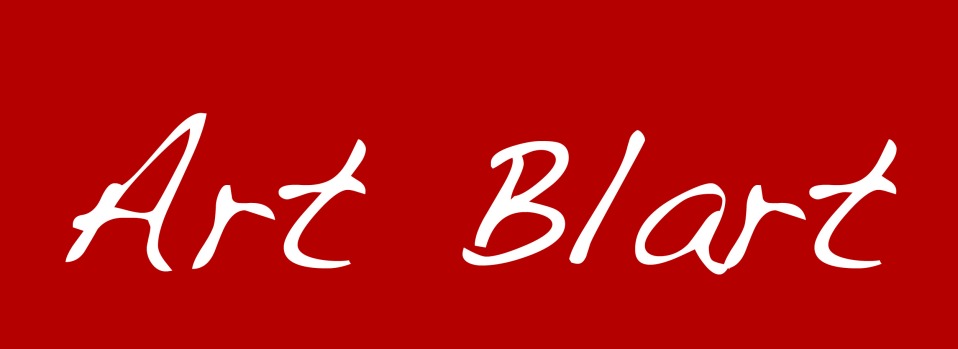
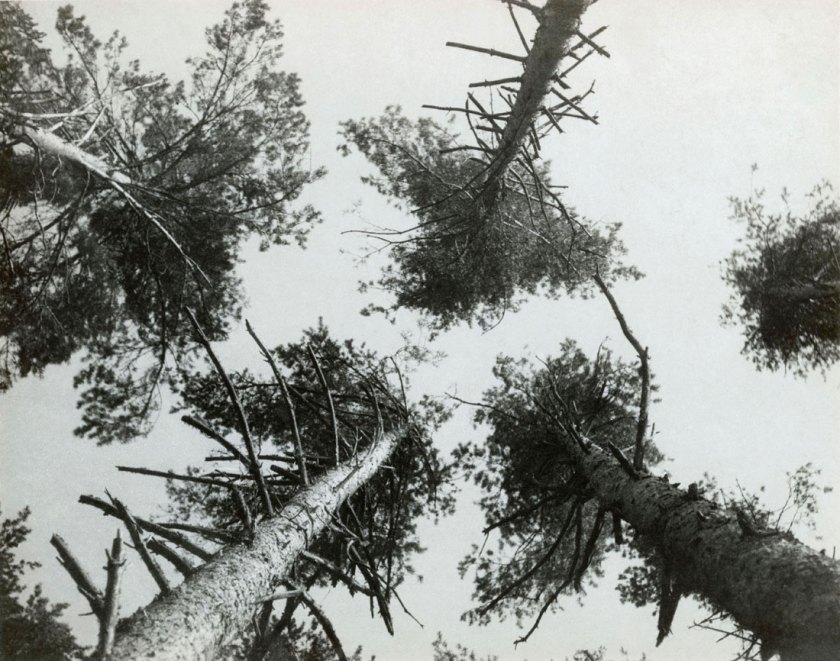
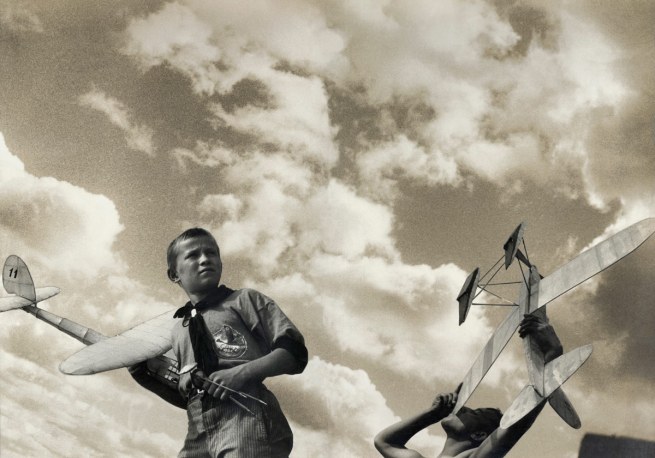
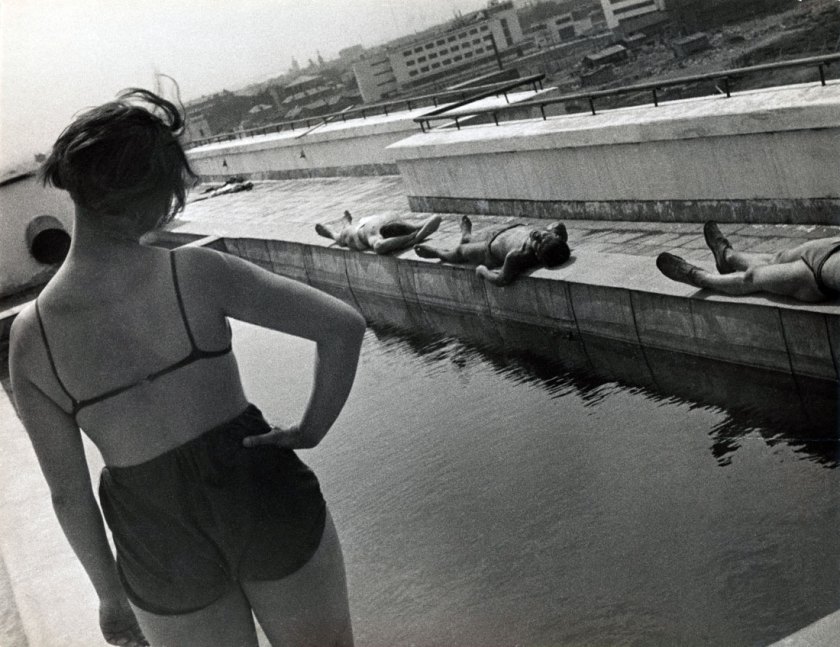
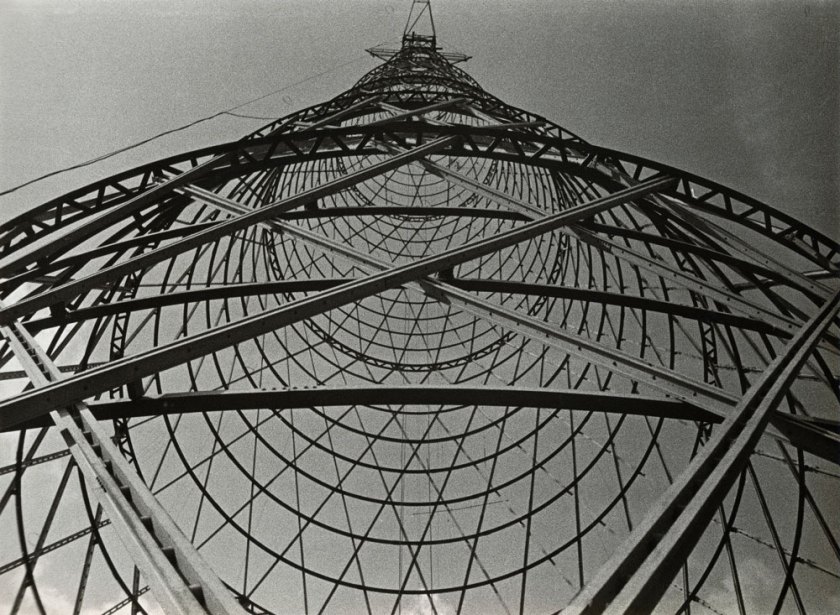
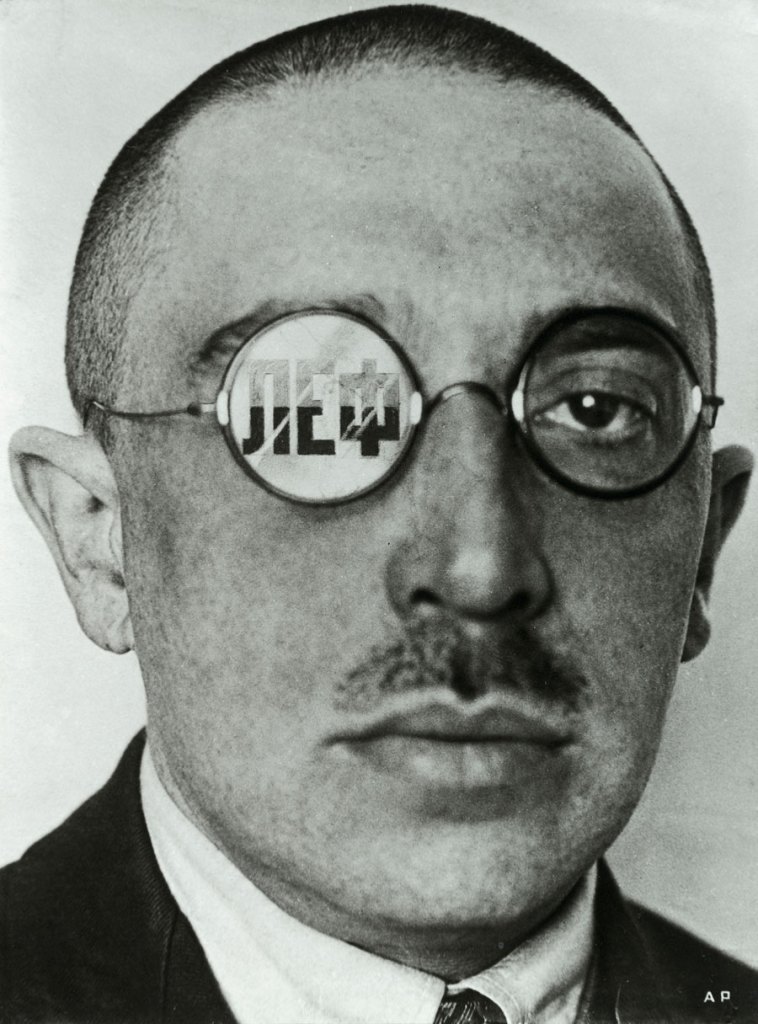
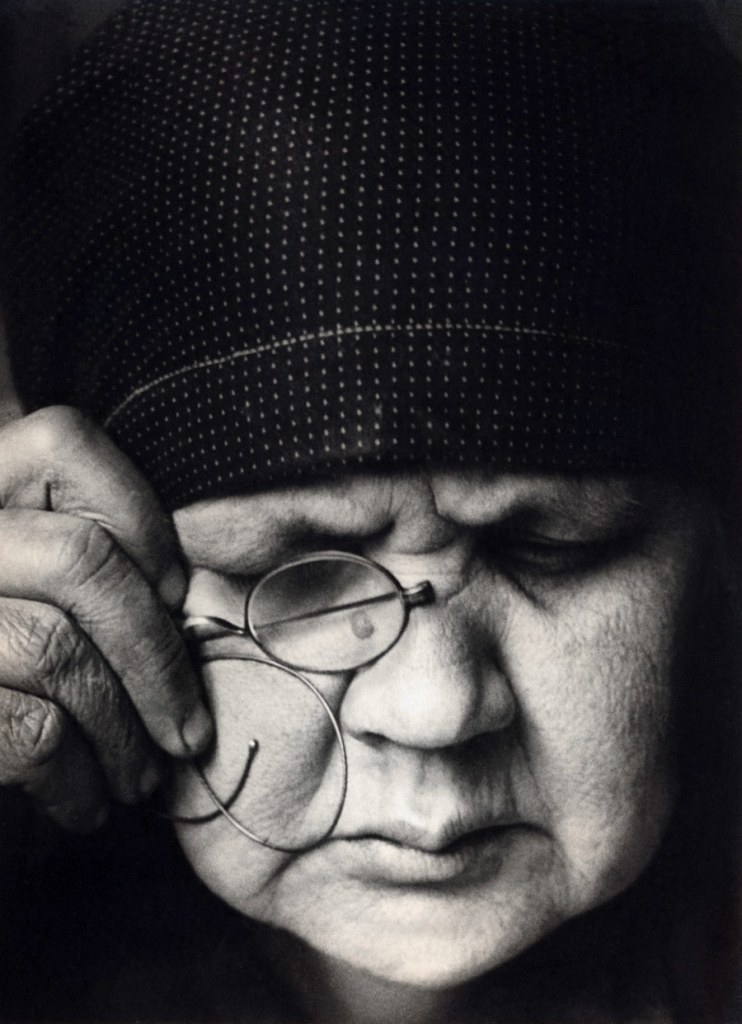
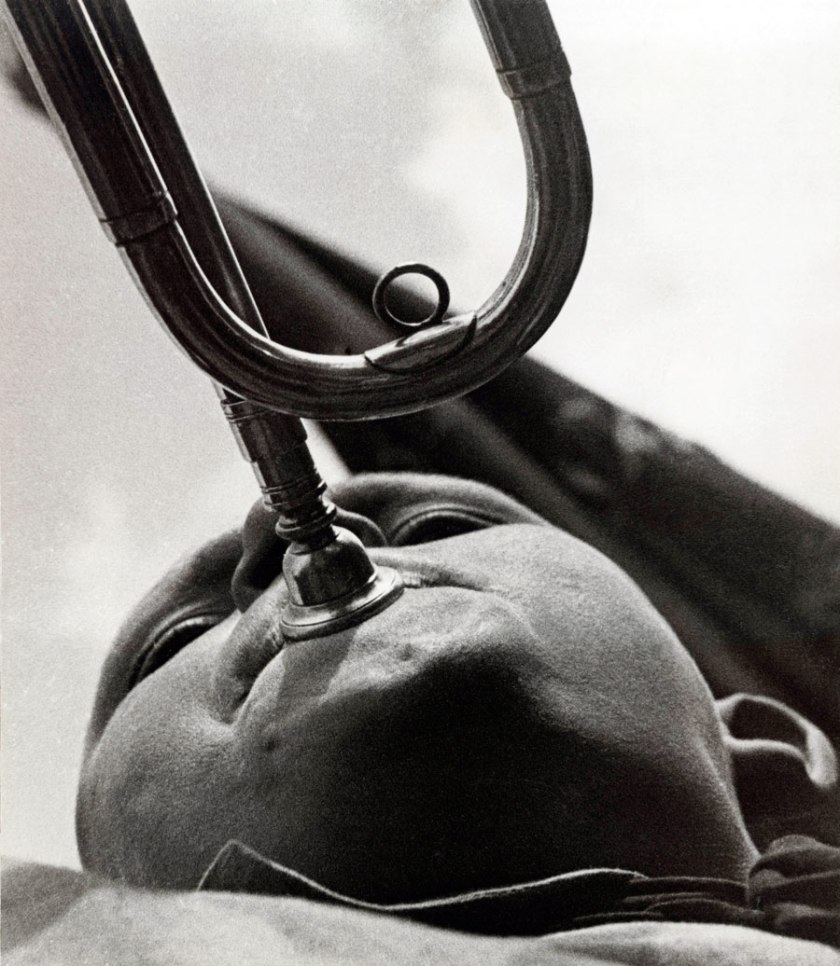
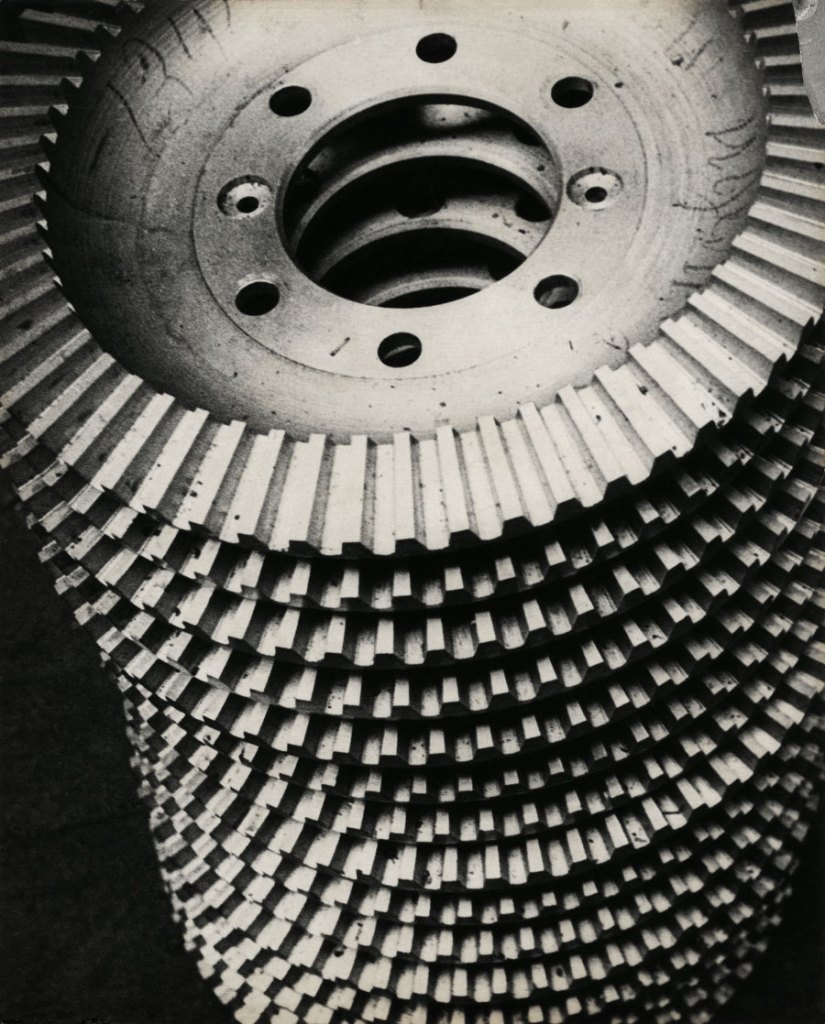
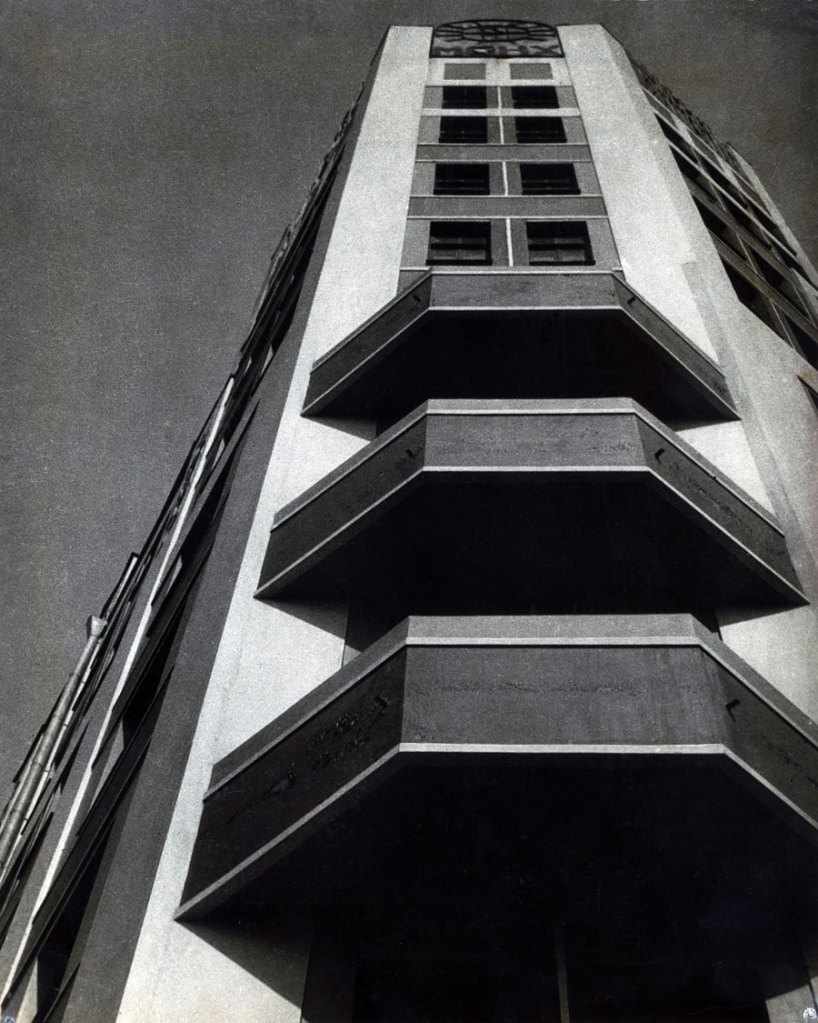
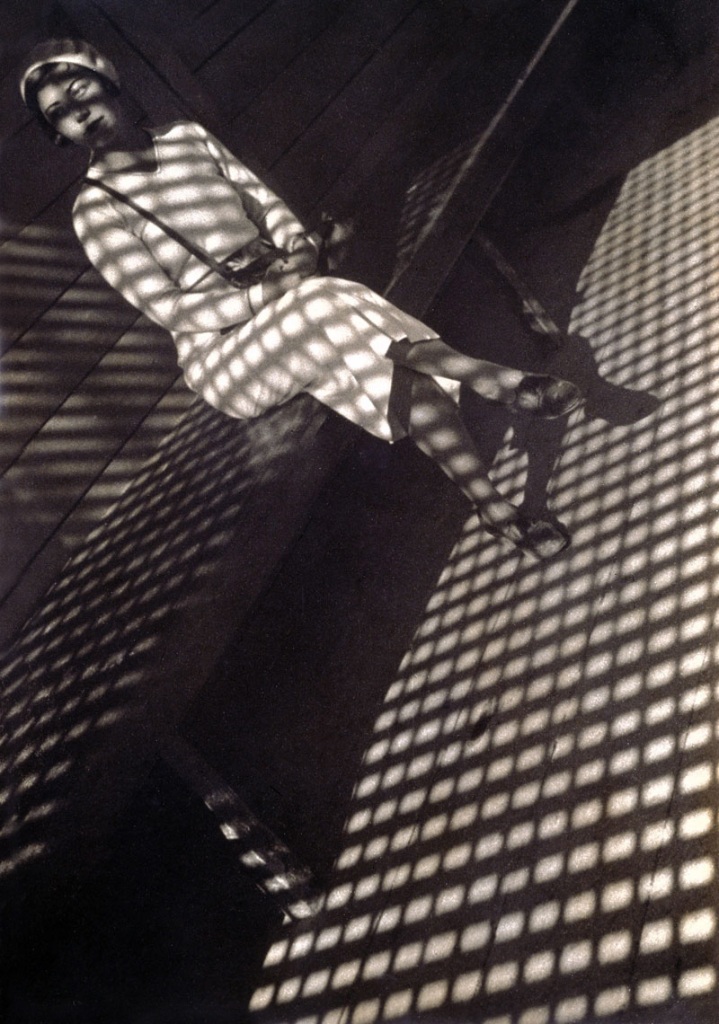
You must be logged in to post a comment.